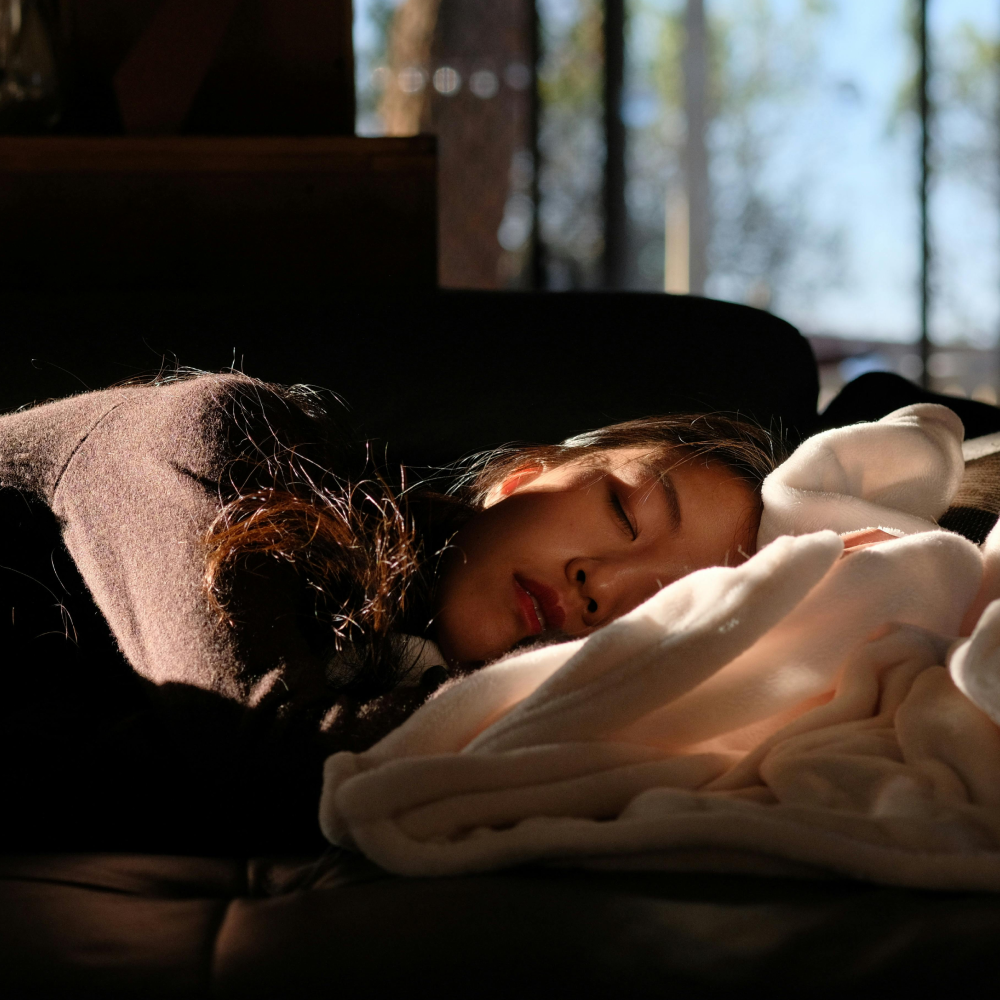
We all need some rest. Sleeping is a self-healing process that enables us to be ready for new challenges and gives our bodies the chance to repair. A good night's sleep is worth gold, but there are many myths and sleeping mistakes in achieving this precious goal. In many cases, the opposite of what you've heard is true! It's an opportunity to learn the facts, set the record straight, and find ways to help get the sleep that you need.
Myth 1: More sleep is always better

We often hear sleep is vital for one’s health but do you know that too much sleep is detrimental to your health? According to the National Sleep Foundation, 7 to 9 hours of sleep is healthy for most adults. If you sleep more than 9 hours and still find yourself tired, there might be some underlying health issues that you should check with your doctor.

Myth 2: It does not matter what time you sleep, as long as you sleep enough hours
According to studies, sleep scheduling is important, and it's ideal to sleep as much as possible during the hours of darkness. Sleeping at night allows the body's circadian rhythm, or internal clock, to be more in sync with its surroundings. Ideally, when it's dark, we should be asleep, and when it's light, we should be up and about.




